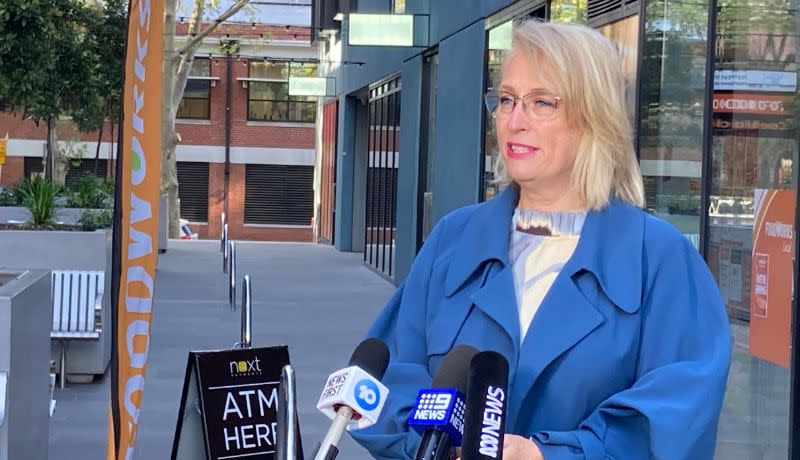Resources
Newsletter
Stay up to date and with the latest news, projects, deals and features.
Subscribe
Melbourne City Council is to focus on millennials as part of a strategy to get workers back into city offices, according to lord mayor Sally Capp.
“My focus is really on helping millennials understand that the learning, the experiences, the connections, the creativity and collaboration that happens in city environments is absolutely key to not just their future and their careers, but the fulfillment of their own passions and interests for what they want to pursue,” she told The Urban Developer.
Capp said one of the city’s big campaigns was to have young people come to live in the city.
“That’s important for us because a lot of millennials like to work near where they live,” she said. “And they bring a lot of energy to the city.”
Capp was speaking about data that continues to show workers in Australia’s two biggest cities have been stubbornly slow to return to the office.
According to the Property Council of Australia, office occupancies in Sydney and Melbourne rose by just 1 per cent in each city in August, with the Victorian capital at just 39 per cent of pre-pandemic levels. Sydney occupancies fared better, rising from 52 per cent to 53 per cent.
“We are also focussing on how we can support spaces that are cheaper, that are smaller and more flexible,” Capp said.
“And we’re working with the really big employers to make sure that their complete offer in terms of what happens in their workplace and what happens in the city is very consistent.”
What’s troubling employers post-Covid is research that continues to show newer and younger workers do not want to go back to the office, and in some cases, don’t see the need to engage at all.

Data released in August by multi-national construction giant Lendlease in a collaboration with Leesman—who measure and analyse employees in the workplace—indicated employers are having to work harder to get younger staff to return to the office.
“I think people do want to return to the office but I think it’s a different mix of people and a different mix of jobs going forward,” Capp said.
“I just think we’ve got to be a bit patient as we see what the future of work looks like and how that new rhythm to working in the city evolves.
“The role of the city as the absolute magnet for talent, for investment, for jobs, for development remains.”
Capp said there were clear signs of confidence in the city.
“We’ve got more cranes in the air than any other capital city in Australia.
“And we’ve got big international organisations like Lendlease and Charter Hall moving back, or making decisions to continue investing in big developments here.”
Capp spoke to The Urban Developer after officially launching Trennery Property’s retail precinct, West End—part of a five-building development on 9200sq m in West Melbourne.
To encourage tenants into seven spaces within a total 3600sq m of retail, Trennery is offering so-called kickstarter grants of $15,000 to $150,000 to prospective renters.
Trennery director Robert Dicintio said, “The combination of prime location and a captive audience means successful applicants will have the stage set for their business idea to flourish”.
The Property Council of Australia is due to release fresh office occupancy figures for Australian capital cities on Thursday.